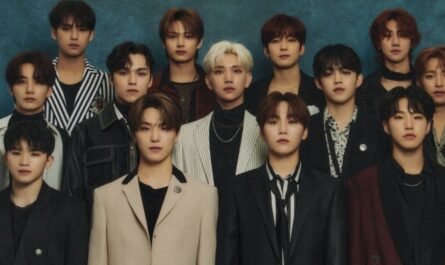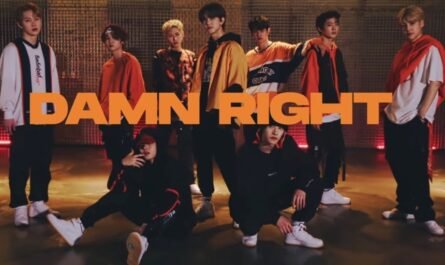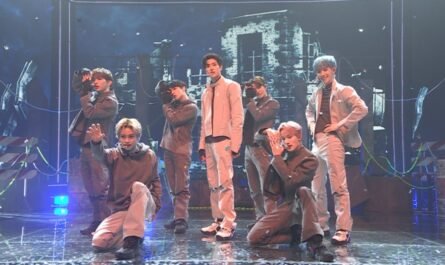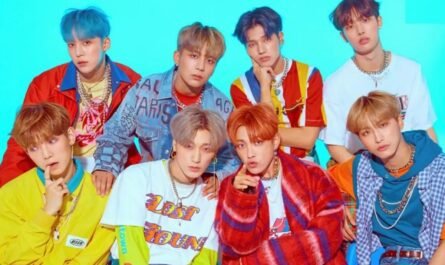“I think I buy close to 10 albums every time they release an album to get photo cards of my favorite members or to boost sales.”
Mo (26), an office worker, said he only buys about 40 albums from one idol group a year. Kim said, “(Other fans) sometimes buy hundreds of albums at a time to win a video call event with an idol.”
As the domestic music market grows due to the popularity of K-pop, side effects are also occurring. This is because the problem of album waste is getting severe. Some fans buy a lot of the same album and only take album accessories such as photo cards or fan signing event invitations and throw away the actual CD.
According to the data recently released by Circle Chart (formerly Gaon Chart), it is estimated that at least 35 million copies of K-pop physical albums have been sold in the first half of this year alone. This is the highest sales volume for the same period since 2010, when counting began.
This is the sum of only the first to 400th places in the sales rankings, so it is estimated that the actual sales will be higher than this.
Lee Da-Hae, an activist of K-Pop 4 Planet, pointed out, “It is a huge waste and loss both environmentally and economically to unnecessarily sell and discard many albums for photo cards or fan signing invitations.” K-Pop 4 Planet was formed in March last year by K-pop fans worldwide to overcome the climate crisis.
K-Pop for Planet also collected 8,000 new albums from K-pop fans across the country in March last month.
Baek, a 27-year-old office worker who said he owns about 600 K-pop albums, said, “Purchasing albums has become a means of attending fan signing events.” We cannot eliminate the idea of pollution and waste,” he said.
Even among fandoms, as voices of self-reflection about purchasing duplicate albums emerged, agencies are also trying to change, such as producing albums with eco-friendly materials.
Group SF9 made a comeback on the 13th, making more than 80% of the prints included in their new album ‘THE WAVE OF9’ with eco-friendly materials.
Group NCT Dream also produced the 2nd regular repackage album ‘Beatbox,’ released in May, with eco-friendly materials.
However, it is pointed out that the culture of focusing only on album sales needs to be changed beyond making albums with eco-friendly materials. It is argued that the duplicate purchase of albums centered on fandom can lower the brand value of K-Pop.
In fact, in an editorial dealing with the method of counting album sales in Korea in 2017, Billboard said, “Are the fans listening to music on CD in a situation where music is easily available through streaming and YouTube, or (the purchase price) is just a cheap accessory of fandom culture? Is it?” He also doubts the Korean music market, which focuses only on sales.
Kim Heon-sik, a pop culture critic, said, “If we mass-produce and sell albums for the sake of ‘charting,’ there is no choice but to raise the question, ‘Is the increase in sales significant?’ You’re missing out on both rabbits.”
Kim Do-Heon, a famous music critic, said, “In the past, album sales proved an artist’s recognition, but these days, fandoms buy them to enter the charts.”











